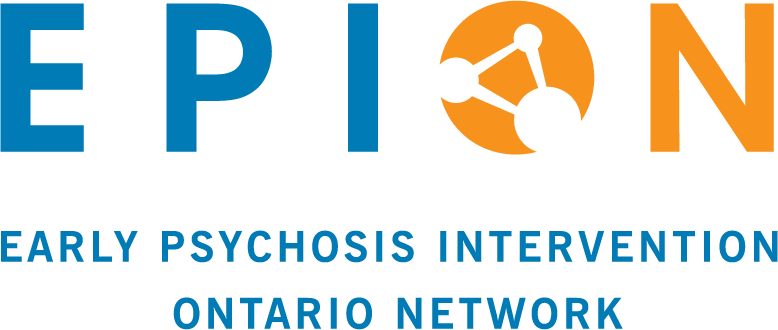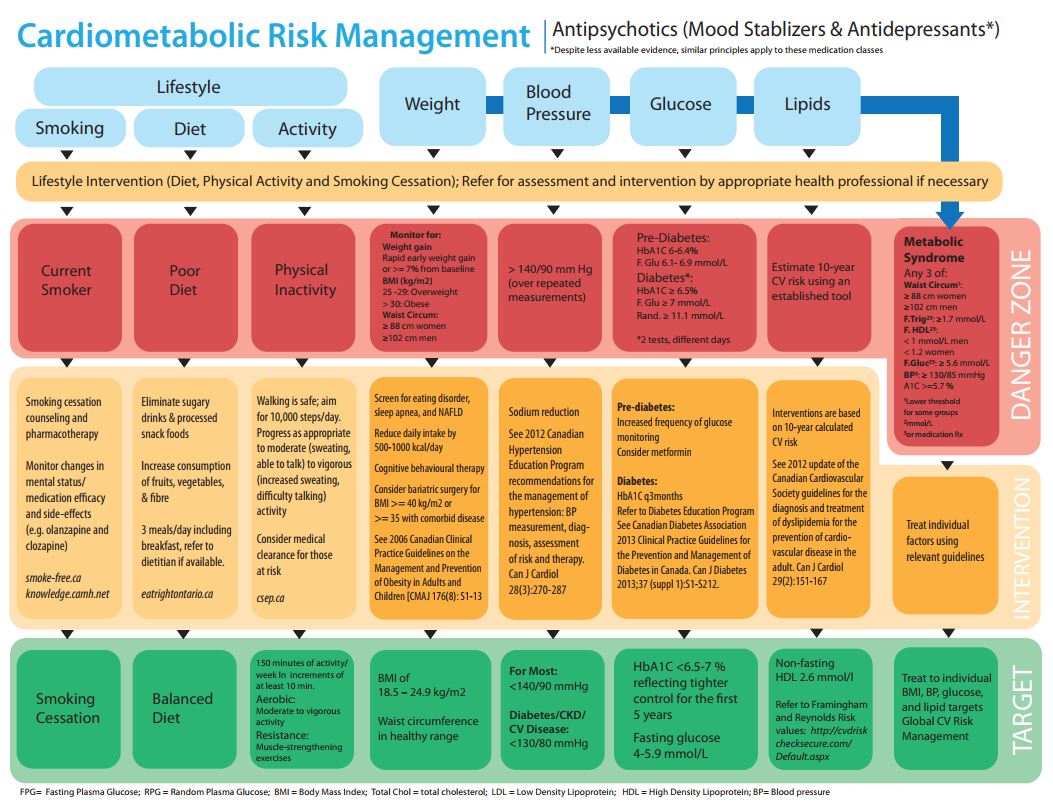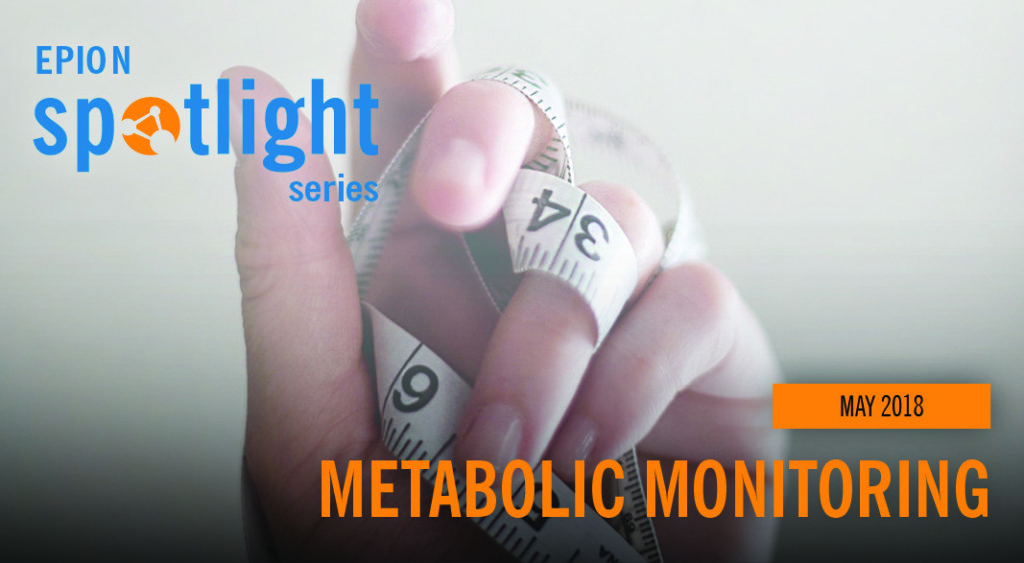- Home
- >
- News
- >
- Metabolic Monitoring
- >
- EPION Spotlight on…Metabolic Monitoring: Free...
EPION Spotlight on…Metabolic Monitoring: Free Metabolic Management Tools from EPION


EPION has created a number of tools for professionals to use when it comes to metabolic monitoring for individuals on antipsychotic medications. Metabolic monitoring requires regular reviewing of lifestyle and family history as well as tracking of weight, waist circumference, glucose and lipids. It can be challenging to manage this and track this data in a meaningful way. These resources are designed to help healthcare professionals to engage clients in discussions around healthy lifestyle choices and to empower them to set goals and share these with their healthcare team.

Margo Gibson, RN at On Track (Champlain LHIN) speaks about her use of the tools:
I do meet with clients with these tools. During the initial assessment, often due to changes in diet and activity, what is typically seen is changes in the Triglycerides, with changes in Nutrition and lower HDL, due to lack of movement. I find it very helpful to link elevated Triglycerides or lower HDL to these factors and then ask the clients if they can relate this to their recent lifestyle choices. It can be more motivating to know that it is impacting their blood levels.
I also talk about the impact of the medication on cravings as well as energy level, but then I talk about tools that they can try to help with these things. I typically look at a nutrition goal and an activity goal, trying to find something that the client feels is doable.
Also during future follow ups, I do show them their weight changes since baseline and if needed will review nutrition and activity choices to reinforce the information. – Margo Gibson, RN
EPION is interested in hearing more about how programs use the Metabolic Monitoring tools. Feedback forms will be circulated to EPION members – stay tuned!
For more information about this initiative, please contact:
Dr. Rebecca Carriere, Metabolic Working Group Chair: info@epion.ca
Loved this? Check out these resources: